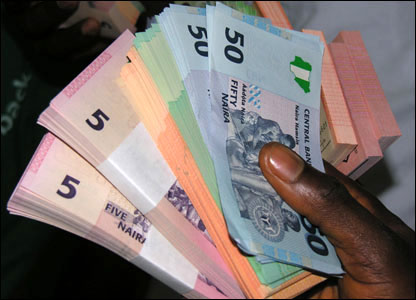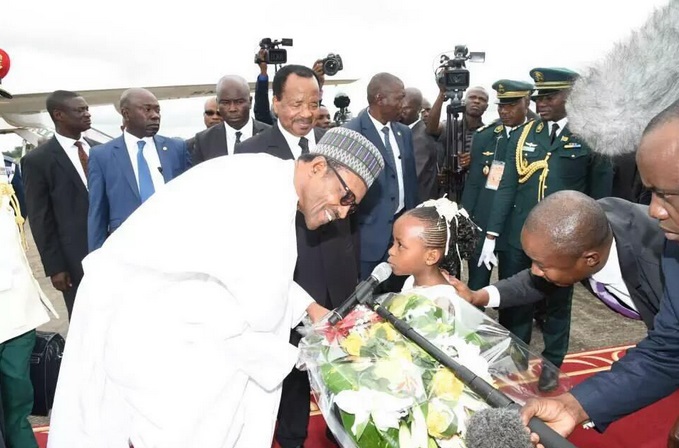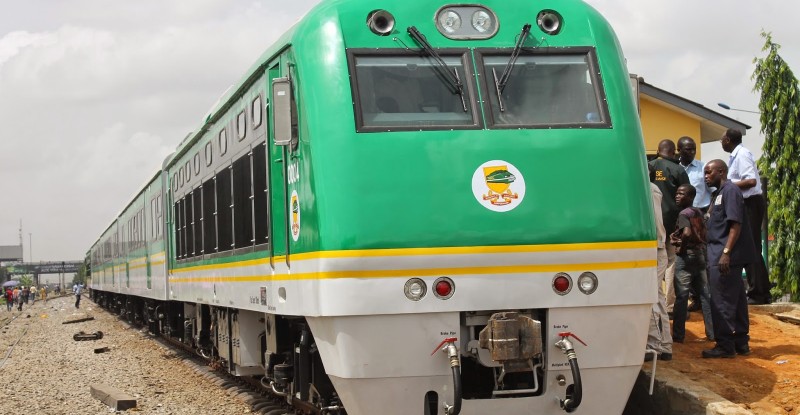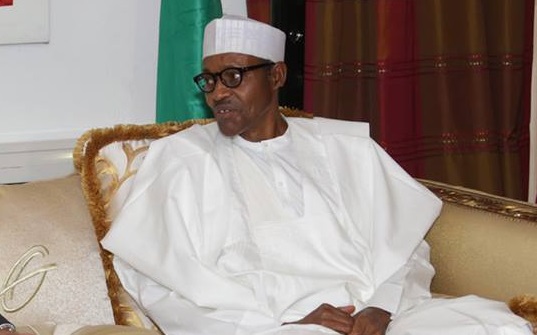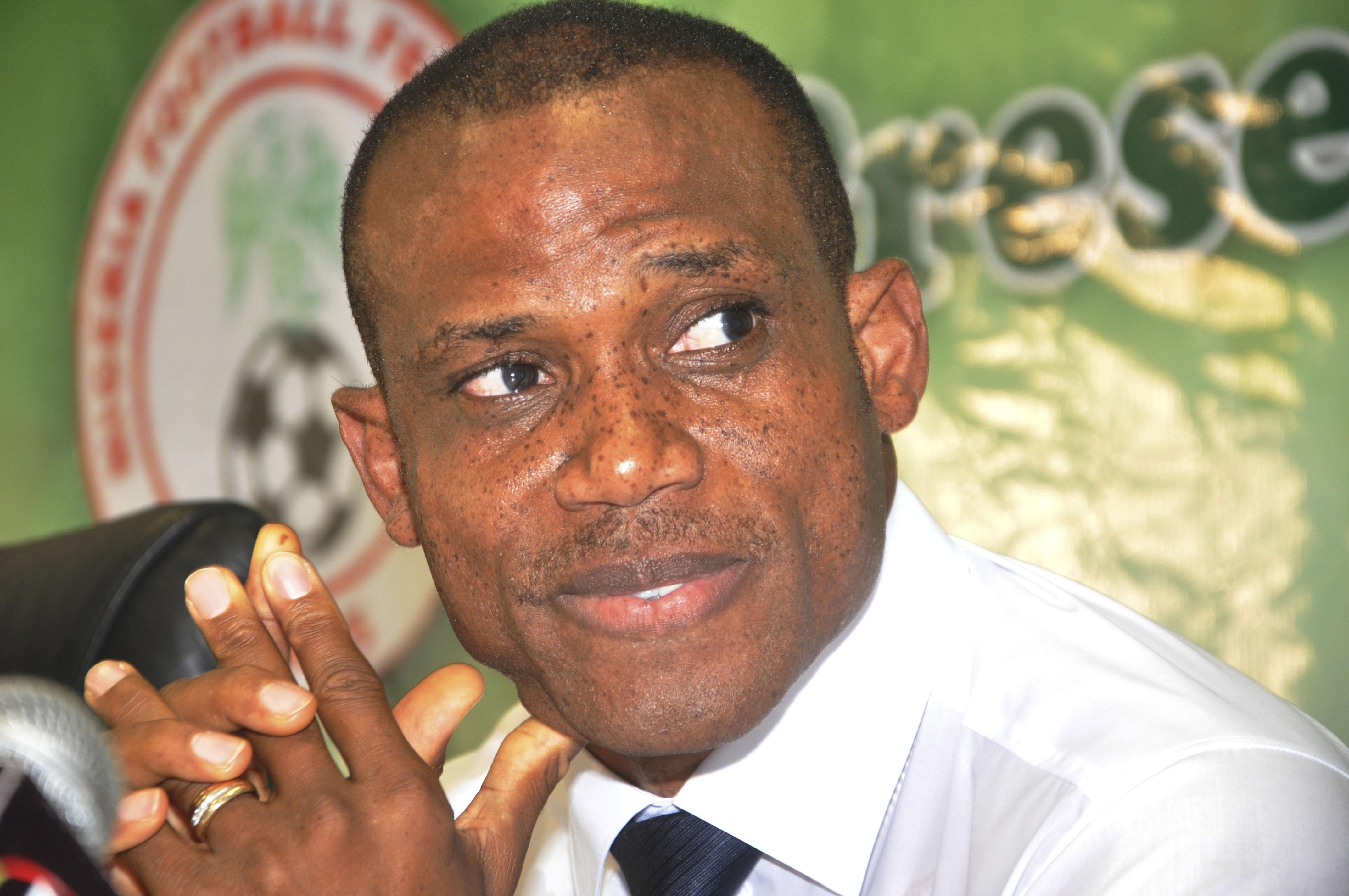It is indeed an understatement to say the Nigerian currency, the naira, is weak at the moment. And contributing to its poor state are many strange voices that are claiming to have a solution to its woes. Therefore, and unfortunately so, the present condition of the naira fits into a Yoruba proverb, which when roughly translated goes thus: when you are beaten by a mighty calamity, the little problems will trample on you with ease.
Truly, the currency deserves a helping hand to get stability against the dollar and to give the economy the necessary push but the reticence and somewhat absence of a clear and well-articulated policy direction by the government is unwittingly offering economic opportunists and phoney policy analysts a solid ground to accentuate their false knowledge of economics.
The president should know that as much as Nigerians need him to weed out corruption and corrupt elements in the system, they will be even more delighted to see the economy take reverberating strides of improvements in the midst of the battle against graft. After all, it makes no economic sense to open another vent for illicit transactions while the government says it’s deepening efforts to block leakages.
But this seems to be the case with the hue and cry about the falling naira and the rising dollar.
Advertisement
Dangerous openings for abuse of processes, standards and best practices are surfacing in the power sector where the citizens are presently not sure where the authority on the decision for the increase of electricity tariff lies. One moment the minister of power is making a strong point on the necessity of tariff increment for improved power supply, the other, the National Assembly is vowing not to allow such. So it is just normal to further inquire on the role of the Nigerian Electricity Regulatory Commission (NERC) in the decision-making process on the sector under the “Change” government.
There are also growing concerns in the oil ministry with the announcement of the appointments of 7 new CEOs to administer the re-constituted units of the Nigerian National Petroleum Corporation (NNPC). Some stakeholders have raised serious issues on some of the appointees saying the elevation of some junior officials of the corporation in the appointment while there are far competent and senior personnel still actively in service amounts to violation of public service standards.
Back to the naira matter, the fact is that the political and economic elites who appear to be crying the most on the forex deficit are the same people who are inhibiting possibilities of better reforms in the money market.
Advertisement
Interestingly, these elites are actually divided into some powerful groups such that whatever side the economy shows they will have ways of winning and making outrageous profits.
It is therefore instructive to note that some of these people are the vicious speculators that keep hauling darts at the naira for the total capitulation of the currency because it profits them more when the naira is badly crushed. They are also the regulators and the biggest beneficiaries of the government’s policies in the financial sector and other areas of the economy. They are the owners of bureaux de change which account for a significant portion of the nation’s forex facility. And they are those mostly in need of dollars for the importation of items such as sugar, rice, toothpick and other bizarre needs.
Reports have revealed that Nigerians spend about $2billion annually on medical treatments and school fees abroad and the demand for forex from the CBN for these privileged lifestyle purposes has continued to put pressure on the naira. If the government keeps emphasising that its policies and incentives are geared towards improving the lot of the masses, it’s high time we made it abundantly clear that education and medical treatment overseas is doing us, as a nation, more harm than good. That is why I am also in support of the position that whoever is in need of the greenback for the reasons so mentioned should source their foreign currencies from the alternative channel instead of burdening the apex bank for dollars at the official rate.
Seriously speaking, the current harsh economy should get the government wiser and tougher in its commitment to cast an end to the shenanigans and the selfishness of the tiny but powerful cabal that is making life difficult for the masses. President Buhari must prove in all forms that he can withstand and defeat these evil forces that sit at the root of the nation’s underdevelopment.
Advertisement
The President’s actions and his vaunted body language must clearly repel the deceit and hypocrisy of these pretentious promoters of Made in Nigeria goods. They, knowing there is massive production of consumables such as the Dangote spaghetti in Nigeria, still prefer the imported Barrila and sorts through which they can effectively short change the populace and genuine entrepreneurs by their demands for dollars at the official rate of N199 to a dollar at the CBN. And this creates an avenue for many to turn-around and trade the currency at rates close to N300 to a dollar on the black market.
Ultimately, this creates an atmosphere of despair a large chunk of which is borne by every day Nigerians. Therefore the government must strive harder to plug and prevent all enablers of profiteering and economic sabotage that continue to pauperize the majority of the people.
Views expressed by contributors are strictly personal and not of TheCable.
Add a comment

